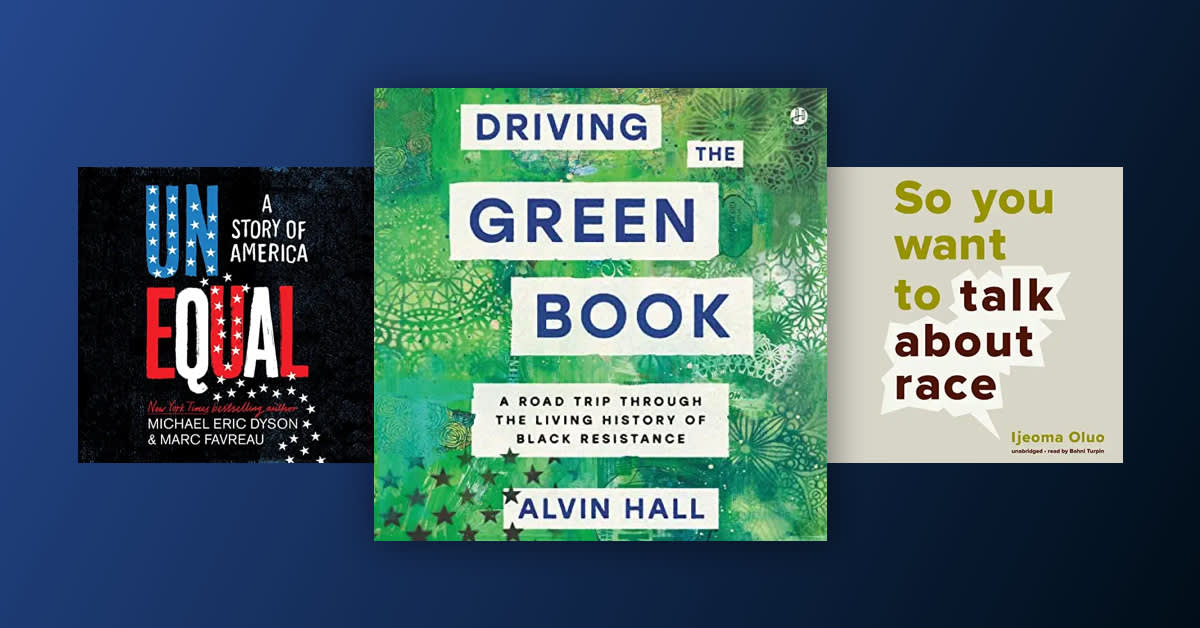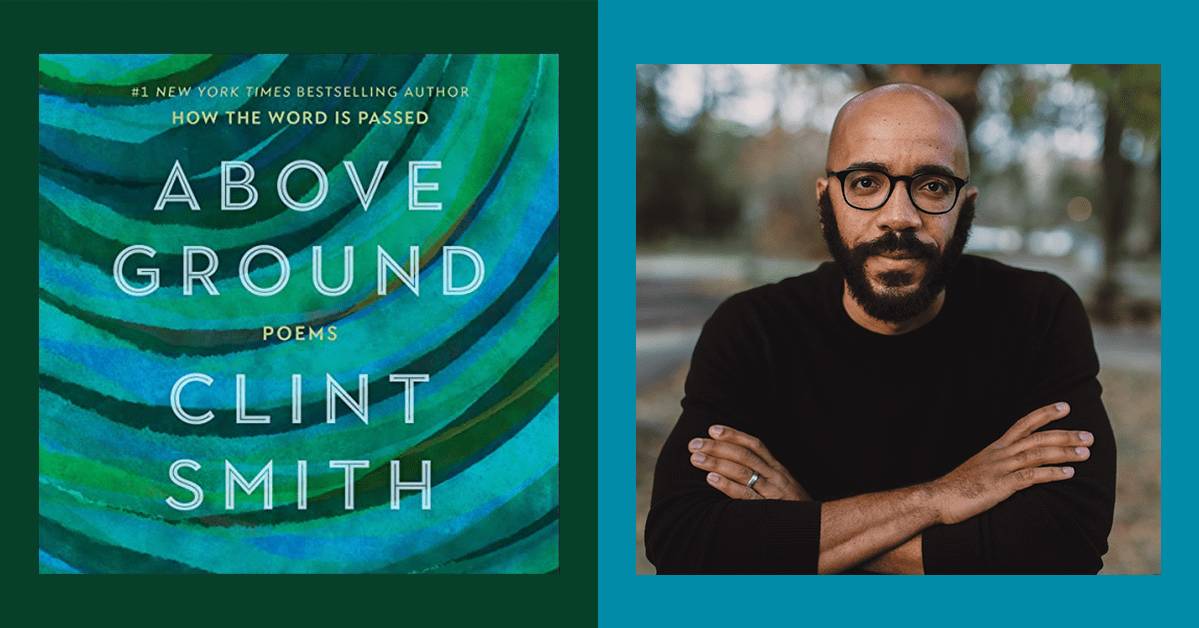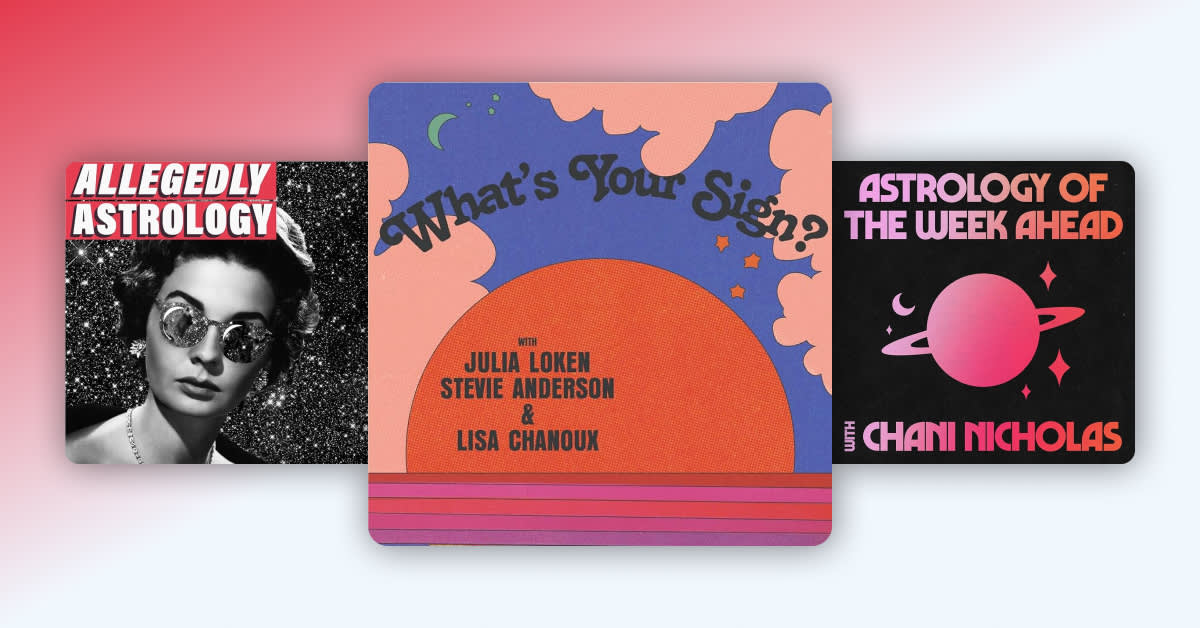“I thought he was more woke than that,” I said. It was during the aftermath of George Floyd’s death when a liberal public figure said something that surprised me. That was the first time I had used woke in that sense. Previously I would have said something like, “I can’t believe he said that; I thought he was more sensitive.”
Once largely confined to the past tense of “wake,” the word “woke” has undergone a semantic and cultural transformation. Its slang meaning has become so prevalent that it is now included in dictionaries; Merriam-Webster defines it as “aware of and actively attentive to important societal facts and issues (especially issues of racial and social justice).” More recently, the word has acquired negative connotations in phrasings like “the woke mob,” which implies some form of criminality.
For a historical perspective on the word, I talked to Alvin Hall, the author of Driving the Greenbook: A Road Trip Through the Living History of Black Resistance, who points out that the contemporary meaning of “woke” as being informed of and attuned to societal inequalities has been around since the Civil Rights Movement of the 1960s. For Black people, it meant you were aware of where you were in a world with both visible and invisible racial dynamics. There is also evidence that “woke” goes back as far as the 1930s. It was in 1936 when a postal worker named Victor Hugo Green created The Negro Motorist Green Book, a safety resource informing Black travelers of safe places to eat and lodge. Using Hugo’s Green Book as their guide, Alvin Hall and a friend traveled to many of these places while researching Driving the Greenbook.
After the murder of George Floyd in 2020, the Black Lives Matter movement embraced the word. And so did others who were convinced that to be woke is a bad thing. Some even blamed wokeness for the recent bank failures, a claim disproven by The New York Times. When the paper fact-checked the claims, they found that experts broadly agreed that the collapse was due to a bank run precipitated by a decline in startup funding, rising interest rates, and the firm’s sale of government bonds at a huge loss to raise capital. Silicon Valley Bank’s commitment to improving diversity among its leadership was also typical in the industry. The 30 largest US banks all have a stated commitment to more inclusive career advancement.
“Let’s call it for what it was,” says Hall, also a financial educator. “It was bad regulations.”
As for the ongoing struggle around “woke,” Hall believes the word should be taken back. “Words have a life, and when they are heard in a negative context, oftentimes, they stay there,” he says. One way to counteract that effect is to educate when someone misuses it. Hall advises, “State what it means, and if necessary, repeat that meaning and then ask, ‘What is wrong with being sensitive to other people?’”
The listens I'm recommending aren't written around the word "woke,” nor should they be considered comprehensive in terms of societal inequalities affecting many different groups and identities in this country. Written mostly about the Black American experience in which the word “woke” was born, these listens provide history, solid facts, and information that can better inform and explain why there's nothing wrong with "wokeness."
The night of May 25, 2020, changed America. George Floyd, a 46-year-old Black man, was killed during an arrest in Minneapolis when a white cop suffocated him. The video of that night’s events went viral, sparking the largest protests in the nation’s history and the sort of social unrest we have not seen since the 1960s. While Floyd’s death was certainly the catalyst (heightened by the fact that it occurred during a pandemic whose victims were disproportionately of color), it was in truth the fuse that lit an ever-filling powder keg. Michael Eric Dyson, one of the most thoughtful and critical thinkers of American culture, as usual, delivers.
The misuse of “woke” no doubt is a barrier to the power of allyship. Dr. Robin DiAngelo explores white reluctance to confront racism and have uncomfortable conversations about privilege and how it directly contributes to the perpetuation of white supremacy and inequality. She explores this phenomenon—which is often referred to as “white fragility”—and the defensive, counterproductive reactions that white people have when challenged on topics of race. This anger, guilt, and denial compounds into equally damaging hostility and silence, entirely preventing crucial discourse while fortifying systemic inequality.
Angela Harrelson grew up poor, one of 13 brothers and sisters raised in a shack in the South Carolina woods. She was first in her family to go to college, first to enlist in the military, and first to have a career as a professional nurse. Harrelson was George Floyd's aunt and closest relative. This poignant memoir is about her nephew, George, who was known as Perry. She is determined to make sure he did not die in vain. Lift Your Voice is a memoir of faith, hope, and bravery, of what we all—Black and white—need to do to eradicate racism from our society.
This powerful collection of short stories, essays, and poems is a call to action that invites all families to be anti-racist and advocates for change. Thirty diverse, award-winning authors and illustrators engage young people in frank discussions about racism, identity, and self-esteem, through stories filled with love, acceptance, truth, peace, and an assurance that there can be a better tomorrow. It features original music by Curtis Hudson. When you purchase this title, the accompanying PDF will be available in your Audible Library.
If you are white in America, it is up to you to recognize your privilege and educate yourself on the institutionalized biases that favor you while obstructing people of color. In So You Want to Talk About Race, writer Ijeoma Oluo tackles issues that plague BIPOC communities—from police brutality to microaggressions—and offers listeners thoughts on how they may better understand and address these injustices. Her lively, vibrant writing style and head-on approach to unearthing, explaining, and challenging ideas on race and power in America will resonate with listeners engaging in difficult conversations and provide them with the information and perspective they need to stand up against racism.
Michael Eric Dyson’s YA debut, with critically acclaimed author Marc Favreau, delivers an urgent, enlightening account of racial inequality in America. The true story of racial inequality—and resistance to it—is the prologue to our present. You can see it in where we live, where we go to school, where we work, in our laws, and in our leadership. As listeners meet some of the many African American people who dared to fight for a more equal future, they will also discover a framework for addressing racial injustice in their own lives. When you purchase this title, the accompanying PDF will be available in your Audible Library along with the audio.
Andrew Carnegie wrote the "Gospel of Wealth" in 1889, during the height of the Gilded Age, when 4,000 American families controlled almost as much wealth as the rest of the country combined. His essay laid the foundation for modern philanthropy. Today, we find ourselves in a new Gilded Age—defined by levels of inequality that surpass those of Carnegie's time. The widening chasm between the advantaged and the disadvantaged demands our immediate attention. Now is the time for a new "Gospel of Wealth." In From Generosity to Justice, Darren Walker, president of the Ford Foundation, along with an array of thinkers, activists, and leaders, articulates a bold vision for philanthropy in the 21st century. Walker challenges and emboldens readers to consider philanthropy as a tool for achieving economic, social, and political justice. What began in Carnegie's day as a manual for generosity is now reimagined as a guide that moves us closer to justice—a guide that helps each of us find a way to contribute.











